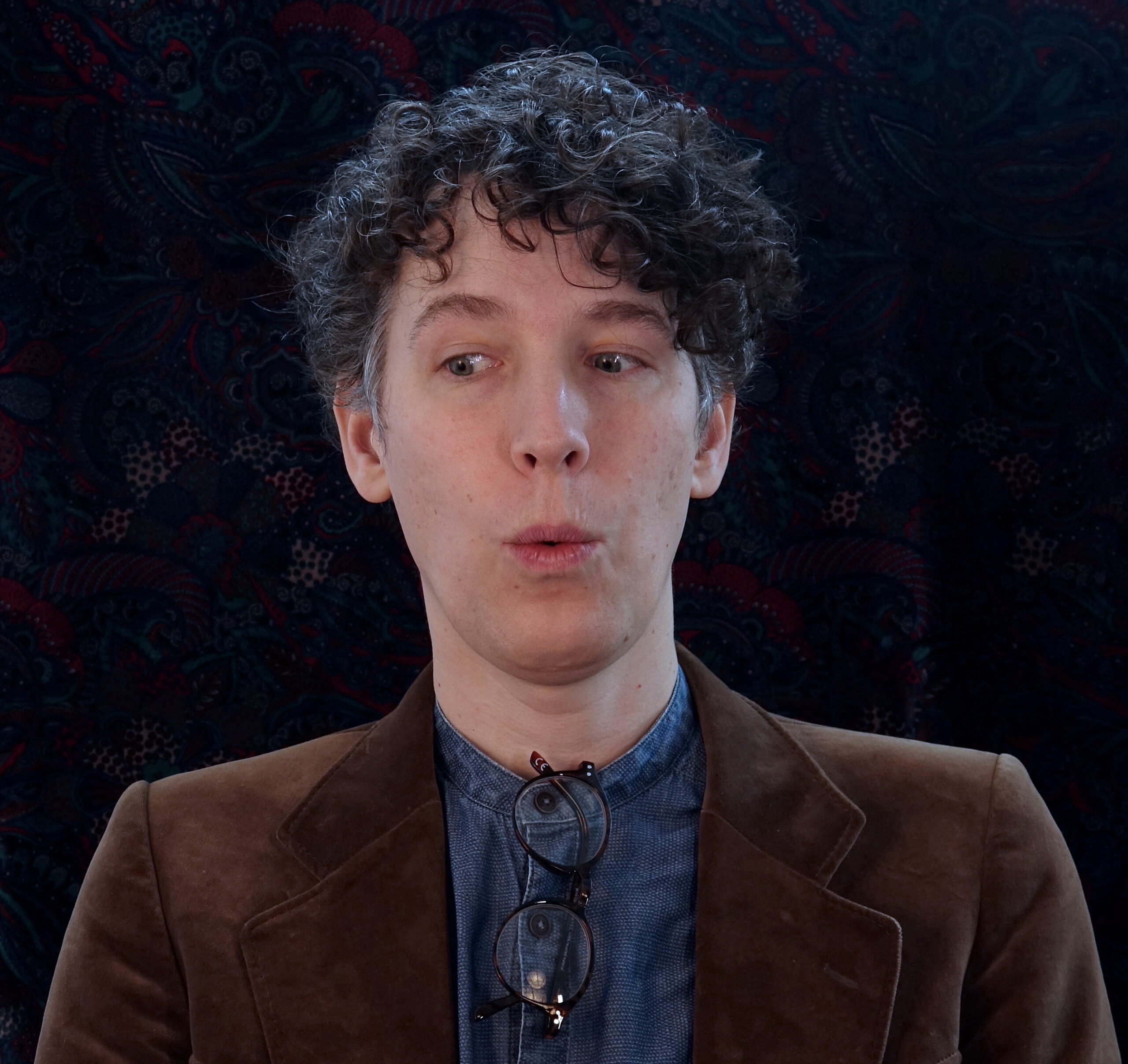Abstract: “The corruption of one is the generation of the other” reads the inscription above the tenor part of the Qui Tollis section of Pipelare’s Missa Sine Nomine. Riddles such as this populate early 16th century polyphonic repertoire, often imparting a symbolic layer to the musical content they address. They seem to reflect on transformation and identity itself. And indeed such a statement (as above) could readily apply to all such musical puzzles, old yielding to new. Here it is merely the instruction to rework the tenor voice, sounding first at the lower fourth in augmentation, and then in alla breve at the written pitch on repeat. Other inscriptions, “first through a glass darkly and then face to face” or the ubiquitous “seek and ye shall find,” speak to a kind of scripted procedure, a rite of passage in which an initiate must pass through trials and tribulations and become destabilised. Things look different because we are made to see them differently; it’s a choreographed revelation, unfolding in time.
In this research project we aim to lay bare this liminal, transformational phase, to ruminate on it and allow it to unfold through us. The goal is not the quick and easy resolution sometimes given by editors, but to contemplate our own entanglement with musical encryption as represented by the original sources. These puzzles are mostly delivered unfinished; they prescribe work for us, the performers, and cannot be translated or resolved without losing something fundamental to their conception as riddle. Thus this project is part of a larger conversation about process and curation, with a repertoire that readily comments upon such things: on the instability of its own notation, on transience and transformation.
CV: Mara Winter—flautist—and Andrew Hallock—singer—team up in an artistic research duo, to explore transformation and identity in the polyphonic music of the Renaissance and Middle Ages. Drawing on their experience in the field, Andrew and Mara meet in transit, between and amidst other projects, rehearsing and conversing when the fates allow. What has emerged is a uniquely heterophonic collaboration, sometimes virtual, sometimes actual, but always giving voice to subtle things unseen. Originally from Austin, Texas, Andrew studied at the Royal Conservatoire in the Hague. Mara is from Spokane, Washington and studied at the Schola Cantorum in Basel.
To be presented at the The Orpheus Doctoral Conference (ODC) in Gent, Belgium. April 10/11, 2025.
